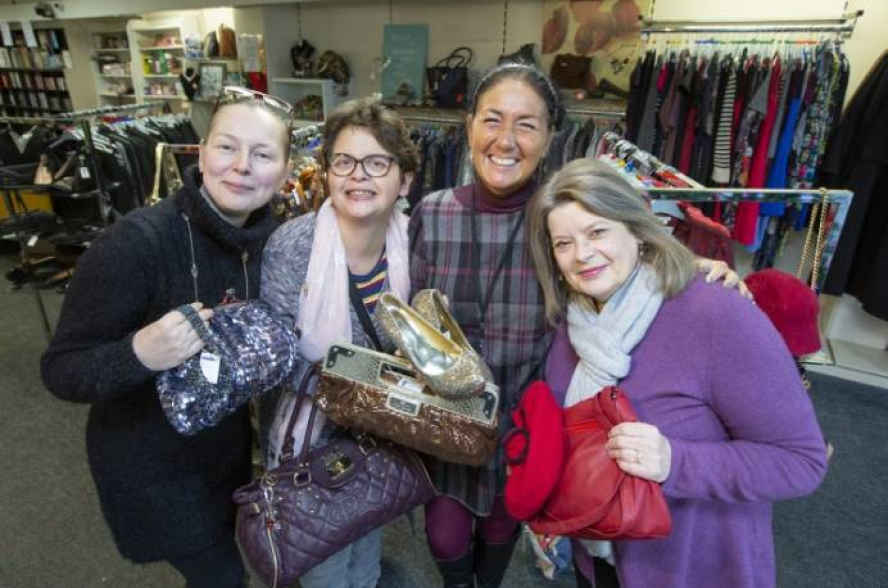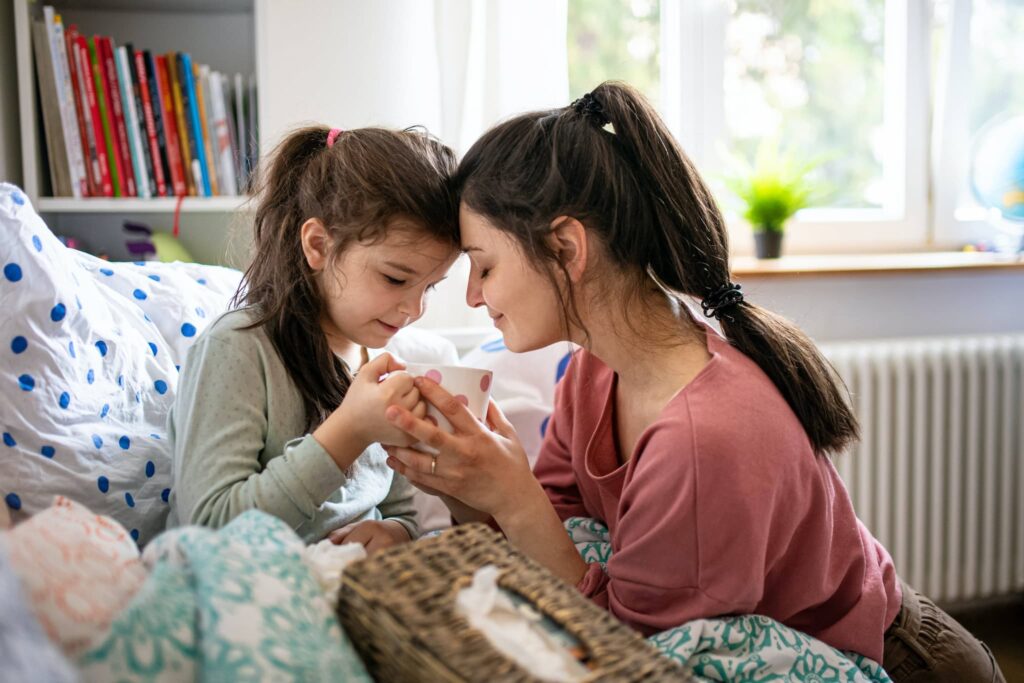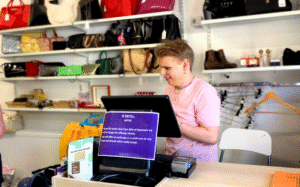Want to receive our monthly e-newsletter, full of stories, news, events, opportunities and more? Then sign up today!

Luen’s blog: Buckets, bric-a-brac and ethical funding
There are some 49,000 children living with palliative care needs today in the UK, around 1950 of them in West Yorkshire and North Manchester, meaning that they are unlikely to reach their 19th birthday. Coping with often chronic, complex conditions has a profound impact not just on the baby or child, but their whole family. It means living from one day to the next, unable to plan for the future, running the household with military precision around feeding, medicines management, pain control and infection risk, while feeling emotionally burnt out, exhausted and often isolated and alone.
As if things weren’t difficult enough for families at this time, knowing that the support they get is linked to the successful rattling of buckets or sale of bric-a-brac in charity shops is beyond bonkers, it’s unethical. Why should parents and families be relying on that in their darkest hours?
In Children’s Hospice Week we are calling on the government to ensure that parents can exercise their rights as carers to breaks, be able to choose the place of death for their child and be able to access high quality bereavement services. And for this not to be a postcode lottery.
Children’s hospices are charities who rely on the goodwill of their local community yet play a vital role in supporting babies, children and their families, delivering many services that otherwise would be delivered by a very stretched NHS. An NHS who because they are so stretched are not always able to offer the service needed by parents with the compassion, care and consideration that clinical staff would like.
Children’s hospices are undoubtedly saving the NHS money but only some are commissioned to do so. The current funding regime is data driven within each locality where because the numbers of children with palliative care needs are (thankfully) so small, they don’t get prioritised. Some children’s hospices receive as little as 3% of their running costs from the government. Some receive nothing at all.
As charities, children’s hospices deliver many additional services, and it is right and proper that they use charitable funds to provide wraparound holistic support to families in need – services like memory-making and structured counselling for example.
But the core services, including end of life care, which would otherwise be delivered by the NHS, should be commissioned and funded as part of the wider health and social care system. An appropriate model of funding will help children’s hospices build a more sustainable future, ensuring they can always be there when families need them. Protecting and increasing the Children’s Hospice Grant to £25million is a vital step. Bucket collections and bric-a-brac sales should pay for the nice-to-haves and not the essential services that seriously ill children and their families desperately need.









